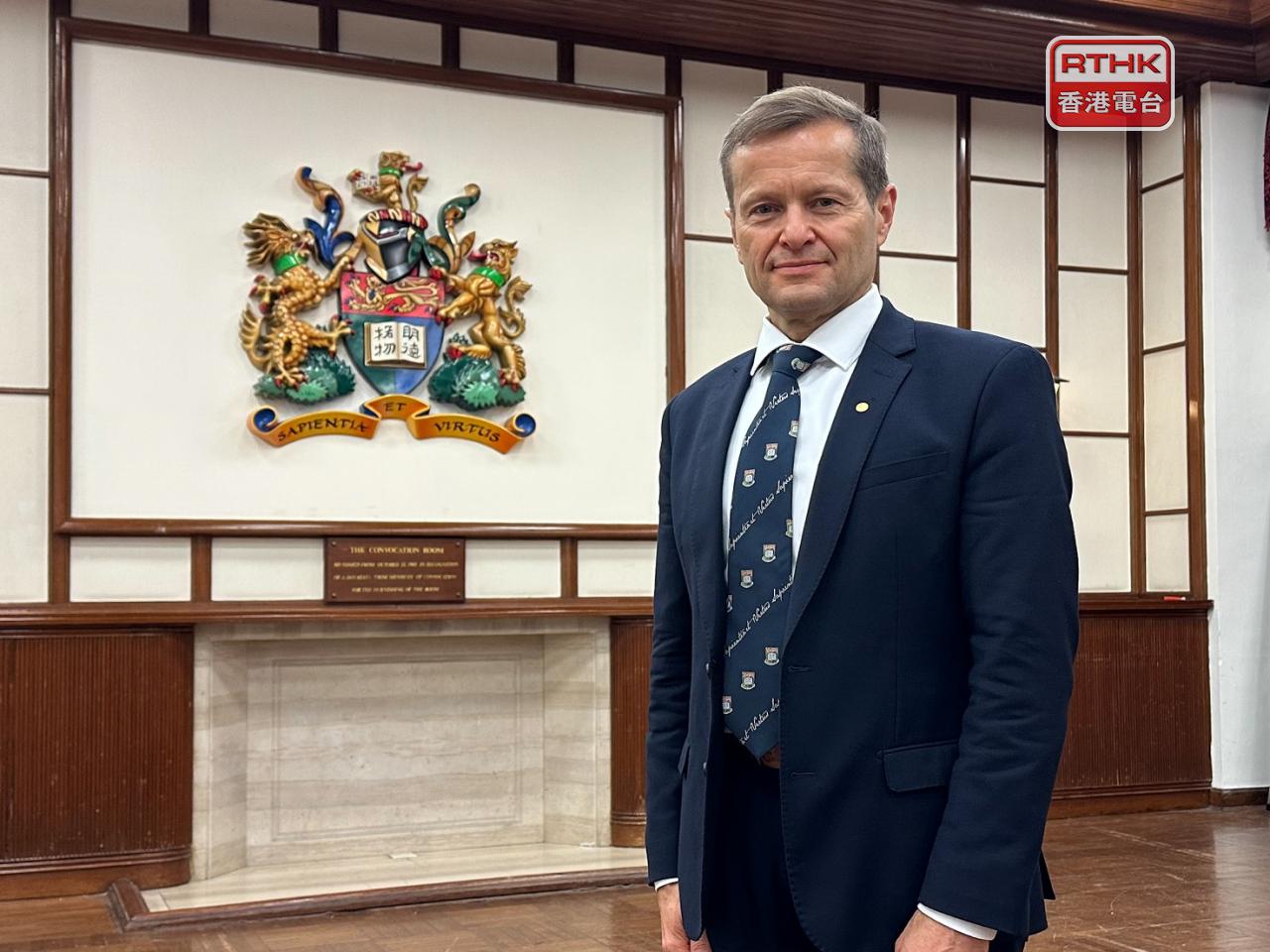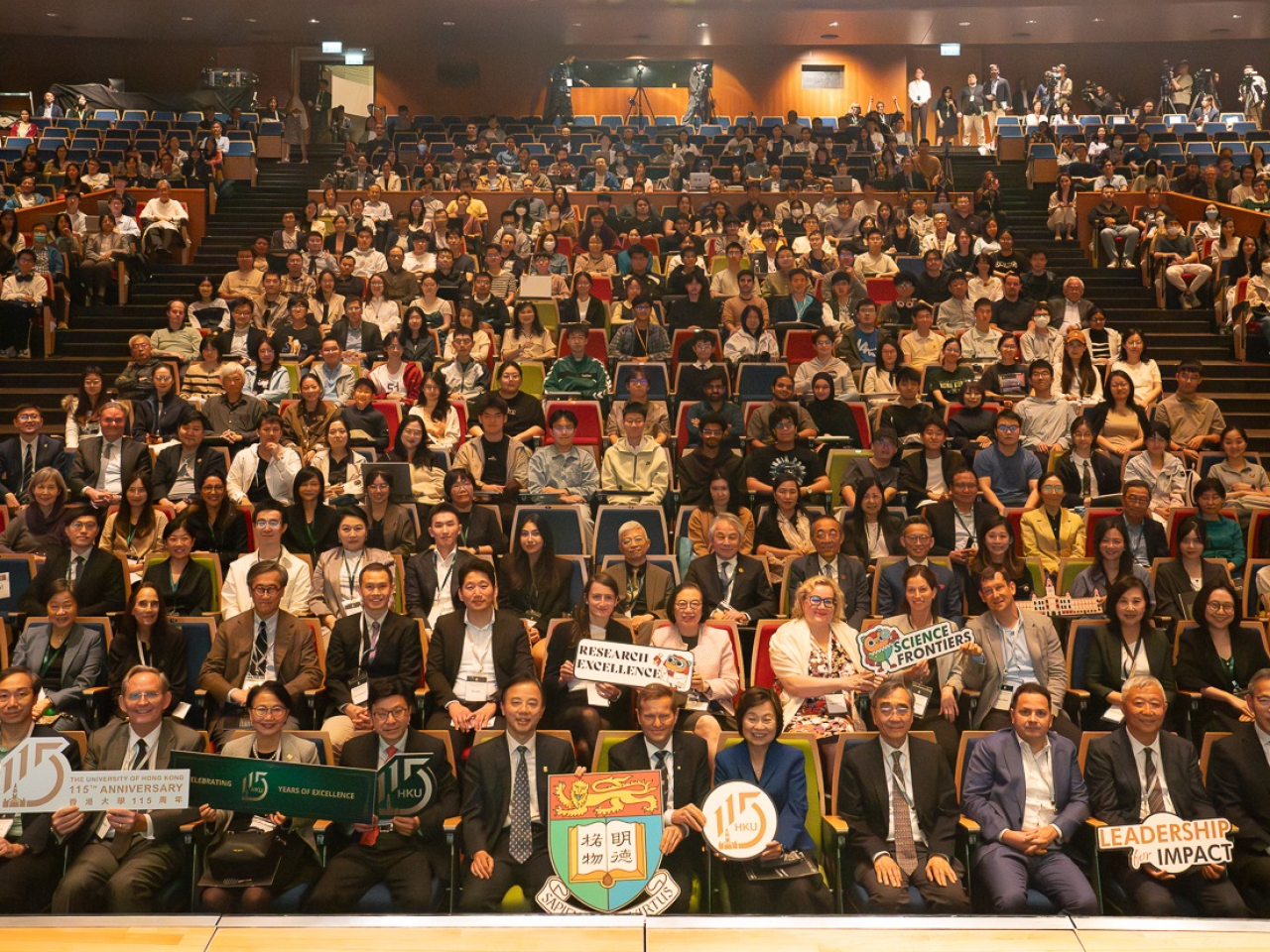A renowned Hungarian scientist who has been appointed to a senior post at the University of Hong Kong (HKU) says the city provides the ideal environment to expand his research to Asia.
Ferenc Krausz, who won the 2023 Nobel Prize in Physics for his work on "attosecond science" -- the study of ultra-fast lasers that capture extremely short moments -- is now a chair professor at HKU's faculty of science.
In a media interview, Krausz detailed his vision for developing a screening programme to detect chronic diseases at an early stage, and treat them before they become life-threatening.
"I would like to create a bridge between physics and medicine in a similar way here at HKU as I did before in Munich as well as in Budapest in Germany and Hungary," he said.
"I brought together physics and medicine... and tackle one of the greatest challenges that medicine encounters today - how to transform current healthcare, kind of the reactive mode of healthcare, into a future proactive mode of healthcare."
Krausz gave his first public lecture at HKU last week, drawing a crowd of around 800 including Secretary for Labour and Welfare Chris Sun and Secretary for Education Christine Choi.
His early disease detection model is based on laser-based analysis of human blood. Having conducted research in Europe for a decade, the Nobel laureate felt it was time to apply his findings on an Asian population. HKU, he felt, was the perfect partner.
"HKU offers truly ideal conditions for expanding this undertaking from Europe to Asia, given its excellent research environment both in physics as well as in medicine," he said.
"As you have seen, it has a truly world-class clinical trial centre in which I would like to build a strong strategic cooperation here at HKU."
For now, Krausz will focus on research-guided training and teaching. He plans to split his time between Hong Kong, Hungary and Germany -- where he also leads a quantum optics institute.
He also urged students to remain curious. "That's how actually my own career started and that was kind of the fuel for me moving ahead all the time over the years," he said, while confessing that he stumbled upon attosecond physics based on an urge to explore the unknown.
The professor also believes Asian students, whom he described as "extremely hardworking and focused", have what it takes to be successful.








